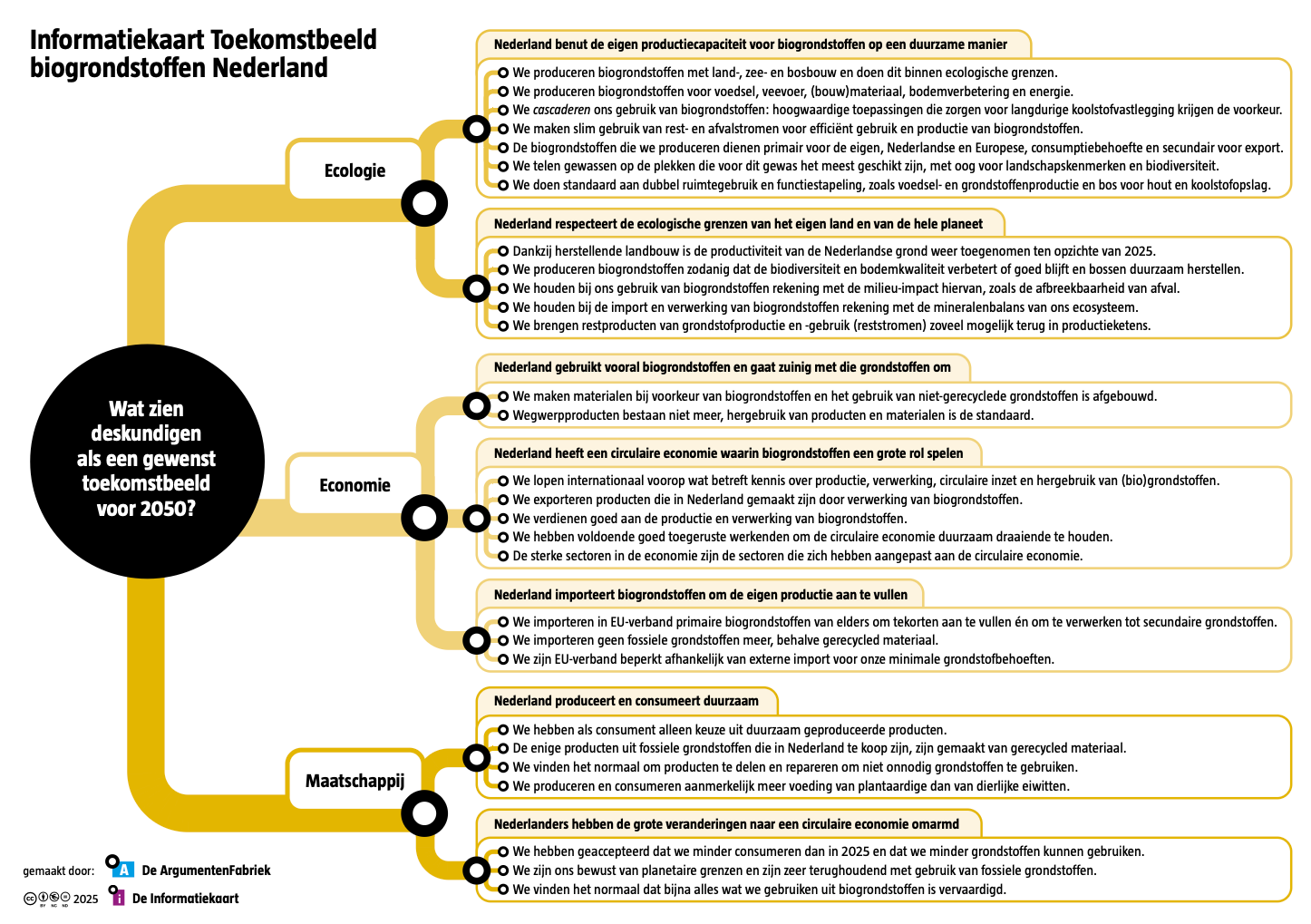Monitoring Biokraftstoffsektor

In this report DBFZ analyses the requirement for biofuels towards 2030 under the RED-II policy framework and the own German CO2-reduction targets for 2030.
From the abstract:
"This fourth edition of the DBFZ report no.11 addresses the monitoring of the development of the biofuel sector in context of changing frame conditions. As an introduction, basic political targets and current legal framework for biofuels were summarized and presented. The further structure of this report follows the steps of the supply chain for biofuels:
Raw materials and conversion technologies: supply of biogenic and other renewable energy sources,
Biofuel production: development of production capacity and volumes,
Biofuel distribution: trading, markets and infrastructure,
Biofuel use: transport sectors and engine technologies.
Political and regulative frameworks have a fundamental impact on each single step of the supply chain. For example, biofuel production from selected raw materials (or conversion technologies) can be directly promoted, criteria for material composition (fuel qualities) defined or targeted use in sectors of stationary or mobile use governed. This report will be examining the political key aims and accordingly the key points of the legal framework.
On a national level, the quota for reducing greenhouse gas (GHG) emissions, governed by the BIMSCHG (Federal Immission Control Act), is of vital importance. Since it came into force in 2015, it has brought about a significant improvement in the specific GHG avoidance of sustainable biofuels used in Germany. Against the background of the current blend limits for liquid biofuels, the target achievement of 6% GHG reduction starting in 2020 depends on the implementation of additional action. For 2030 Germany has set a target of 40 to 42% reduction of CO2 emissions in transport compared to 1990. In addition, the recently amended Renewable Energy Directive (RED II) sets the frame until 2030 on EU level, including a limit for the share of conventional biofuels with increasing shares on advanced fuels."

 Download hereVisit Website
Download hereVisit WebsiteRecente artikelen
HAN University of Applied Sciences receives funding for FAME Changer reserarch project
Informatiekaart: Toekomstbeeld biogrondstoffen Nederland | 2025


